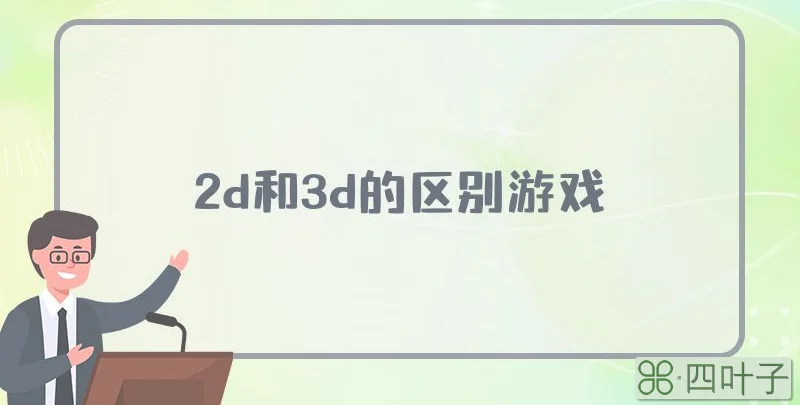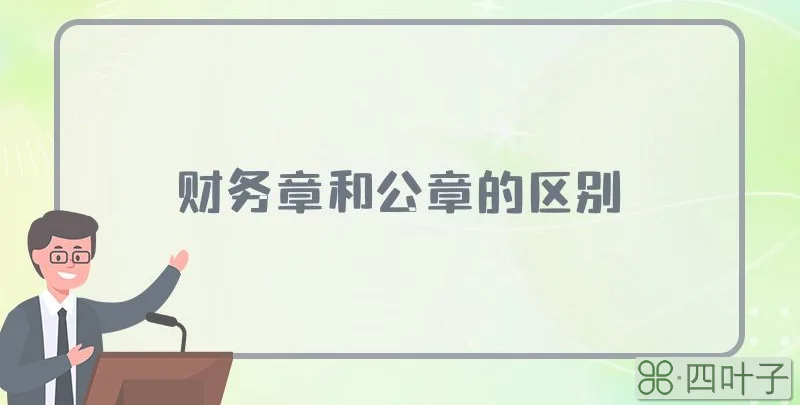could和can的区别(什么时候用could和can)

can和could的区别
原发布者:tktstar can与could用法归纳一、表示能力(1)表示现在的能力,用can:Ican’tdecidewhichtochoose.我不能决定选哪个好。WhileIsympathize,Ican’treallydomuchtohelp.尽管我很同情,我却不能真正帮多少忙。(2)表示将来的能力,通常不用can或could,而用beableto的将来时态:I’llbeabletospeakFrenchinanotherfewmonths.再过几个月我就会讲法语了。Onedaypeoplewillbeabletogotothemoononholiday.总有一天人们可以到月球上去度假。但是,若表示现在决定将来是否有能力做某事,则可用can:Canyoucometothepartytomorrow?你明天能来参加我们的聚会吗?(3)表示过去的能力,有时可用could,有时不能用could,具体应注意以下几点:①若表示过去一般的能力(即想做某事就随时可做某事的能力),可用could:CouldyouspeakEnglishthen?那时候你会说英语吗?②若表示过去的特定能力(即在过去特定场合做某事的能力),则不能用could,而用was(were)abletodosth,或用managedtodosth,或用succeededindoingsth等。Hestudiedhardandwasabletopasstheexam.他学习很努力,所以考试能及格。Atlasthesucceededinsolvingtheproblem.他终于把那个问题解决了。【注】could不用来表示过去特定能力通常只限于肯定句,否定句或疑问句中,它则可以表示过去特定的能力:Imanagedtofindthestreet,butIcouldn’tfindherhouse.我想
can/could的联系用法和区别是?
can 和 could 表示三种意思,后者是前者的过去形式,但是却不见得总是表示过去,具体用法如下: 1. 表示“能力”,相当于汉语的“能够、可以、得以”等意思,在这种情况下,can 用于现在时态,could 用于过去时态,如: 1)表示现在: I can carry both suitcases. 我可以搬动两个箱子。 Can you remember the war? 你还能记得那场战争吗 2)表示过去: We could see the oil bleeding out from the joint. (那时)我们可以看出油从接缝处渗出。 It was so dark that we could see nothing. (当时)天太暗了, 我们什么也看不见。 2. 表示“猜测”,相当于汉语的“有可能”,一般不分时态,只不过 can 表示的可能性比 could 大一些,如: I wonder if my long lost neighbor can/could still be alive. 我怀疑我失踪已久的邻居是否还有可能活着。 Such things can/could and do happen. 这样的事情可能而且确实发生了。 但是用于虚拟语气表示相反的假设时,只能用 could,如: If I could go with you, I should feel very glad. 假如我能同你们一起去, 我会感到非常高兴。 You could have been more considerate. 你本来可以更慎重些。 3. 在口语中用来取代 may 以缓和“允许”的强硬语气,could 比 can 语气更加委婉,如: Can/could I borrow your thermos? 我可以借用你的暖水瓶吗?
could和can的区别及用法
could [轻读)k?d; k?d; (重读)kJd; kud] 《源自古英语 can 的过去式; -l- 是由 would,should 类推而插入者》 助动词 can 的过去式 A (用于直说法) 1 能 (做…事) I listened but ~ not hear a [any] sound. 我倾耳聆听但听不见任何声音 When I lived by the station I ~ (always) reach the office on time. 我住在车站附近时 (总是)能准时到达办公室 2 a. [由于要与主要子句中的过去式时态符合,附属子 句中的 can 用过去式]能…,可… He thought he ~ swim across the river. 他想他能游过那条河 b. [间接叙述法时 can 用过去式]能…,可… He said (that) he ~ go. 他说他能去 (cf. He said,"I can go.") He asked me if he ~ go home. 他问我他是否可以回家 (cf. He said to me,"Can I go home?") B (用于假设法) 1 名词子句] 如果能…;要是能… (的话) If I ~ go, I should be glad. 如果我能去,我会很高兴(但事实上不能去) How I wish I ~ go !. 要是我能去该多好 ! 2 a. 能… I ~ do it if I wanted [would]. 如果我要做,我能做得到(但事实上不做) b. [~ have+过分; 用于与过去事实相反的假设子句] 能… I ~ have done it if I had wanted [wished] to. 如果我那时想要 (做) , 我能做得到 (事实上没有做) 3 a. [将条件子句的内容包括于主要子句中; 当委 婉语用] 可能…,想要…; 好像在 (做) …,与 (做) …一样 I couldn"t sew it. 我不会缝 That ~ be true. 那可能是真的 The report ~ not be true. 那报告不可能是真的 I ~ be drinking water. 我好像在喝水 (一样) b. [~ have+过分; 将条件子句的内容包括于主要子句中; 当委婉语用] 可能…,想要…; 好像在 (做_) …,与 (做) …一样 You ~ have told me !. 你告诉我 (的话)就好了 ! (为什么没有告诉我呢?) I ~ have danced for joy. 我会高兴得想跳舞 He ~ have been speaking to a large audience. 他好像对著一大群听众在说话 c. 可否…,能否… C~ you come and see me tomorrow ?. 可否请你明天来看我 ? C~ I go home?. 我可以回家吗 ? could be(口语)也许,或许 "Do you have to work late today ? "-"C~ be.". “你今天必须工作到很晚吗? ”“也许吧” "Are we lost?"- "C~ be."“我们迷路了吗?”“或许是吧”
can和could的区别表示气请求的时候用哪个
can 和 could 表示三种意思,后者是前者的过去形式,但是却不见得总是表示过去,具体用法如下: 1.表示“能力”,相当于汉语的“能够、可以、得以”等意思,在这种情况下,can 用于现在时态,could 用于过去时态,如: 1)表示现在: I can carry both suitcases. 我可以搬动两个箱子. Can you remember the war? 你还能记得那场战争吗 2)表示过去: We could see the oil bleeding out from the joint. (那时)我们可以看出油从接缝处渗出. It was so dark that we could see nothing. (当时)天太暗了,我们什么也看不见. 2.表示“猜测”,相当于汉语的“有可能”,一般不分时态,只不过 can 表示的可能性比 could 大一些,如: I wonder if my long lost neighbor can/could still be alive. 我怀疑我失踪已久的邻居是否还有可能活着. Such things can/could and do happen. 这样的事情可能而且确实发生了. 但是用于虚拟语气表示相反的假设时,只能用 could,如: If I could go with you,I should feel very glad. 假如我能同你们一起去,我会感到非常高兴. You could have been more considerate. 你本来可以更慎重些. 3.在口语中用来取代 may 以缓和“允许”的强硬语气,could 比 can 语气更加委婉,如: Can/could I borrow your thermos? 我可以借用你的暖水瓶吗?
can与could的区别?
1、could表示过去能力 2、could表示过去的可能和许可 3、could表示现在的能力,语气较can 委婉 4、could表示现在的许可,主要用于疑问句中(不可用于肯定句中),应答语用can



















